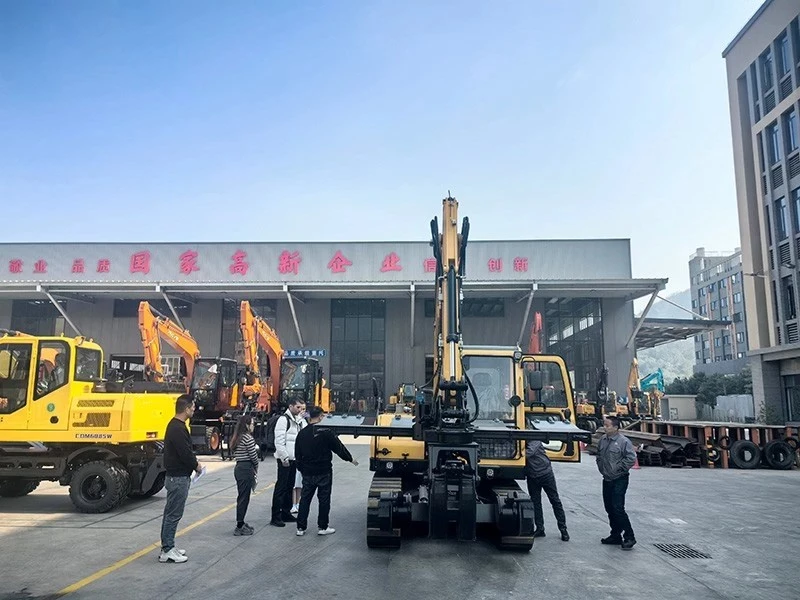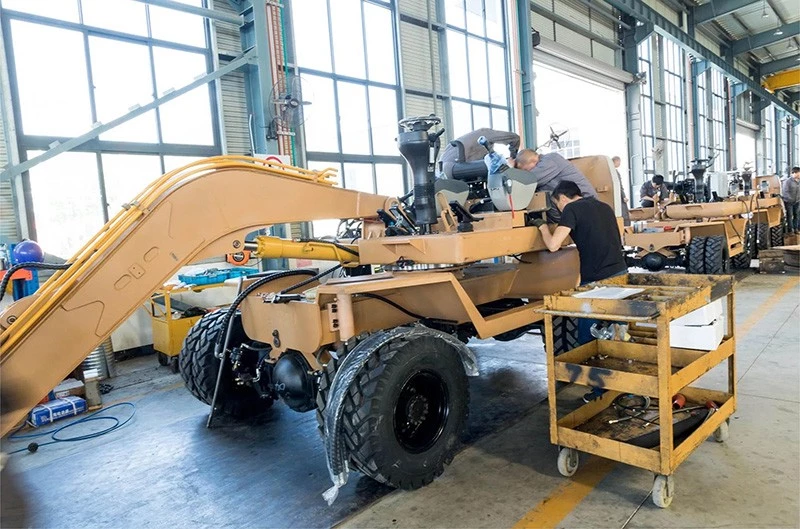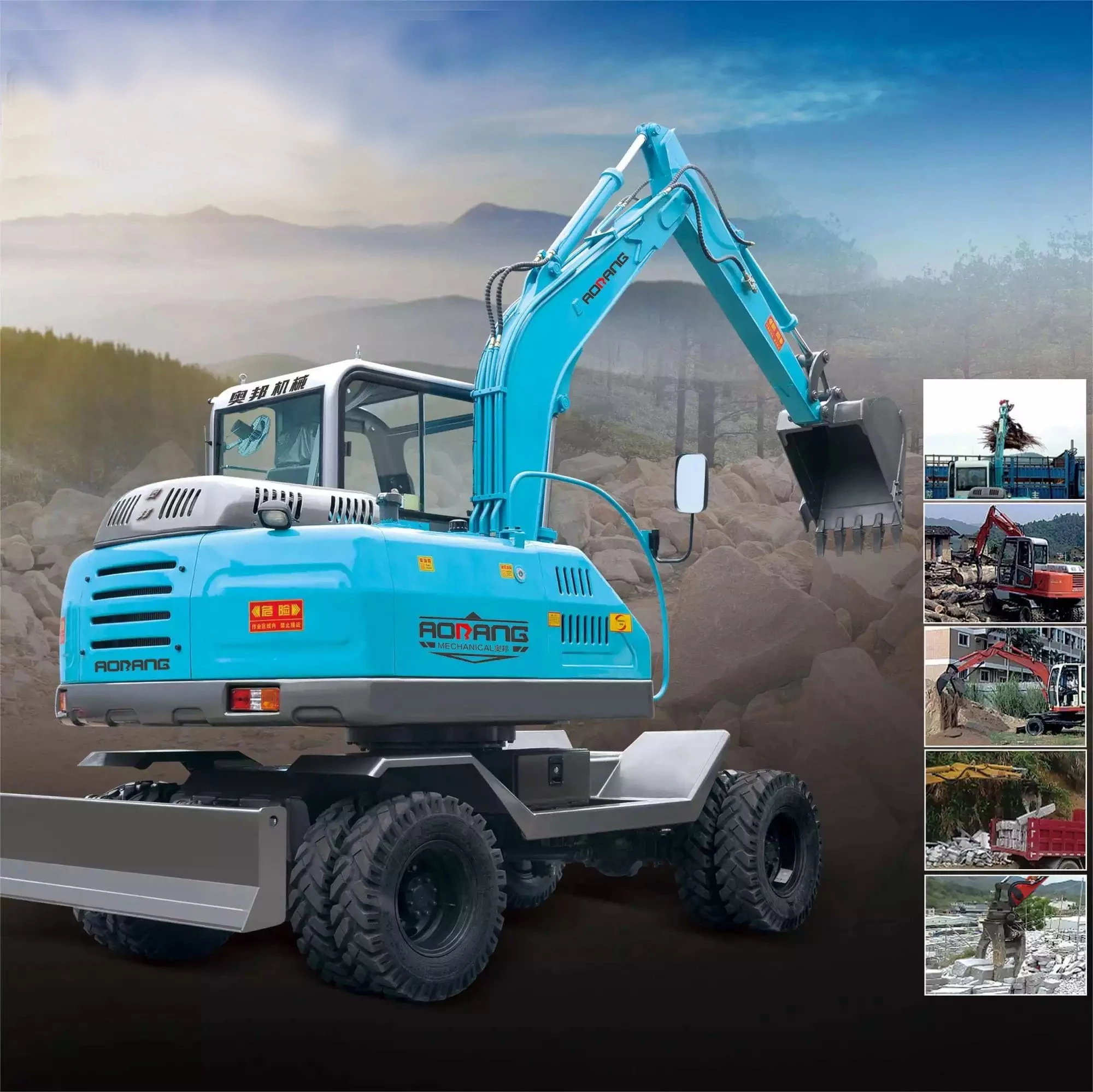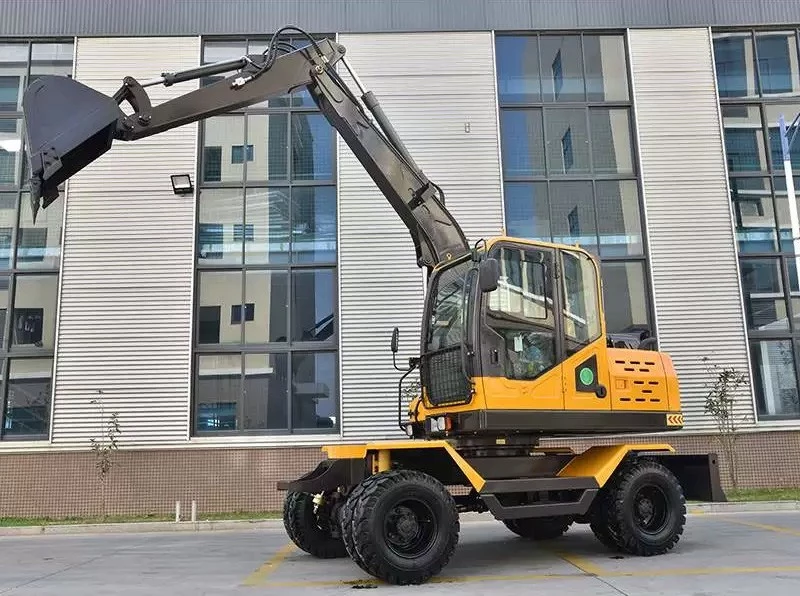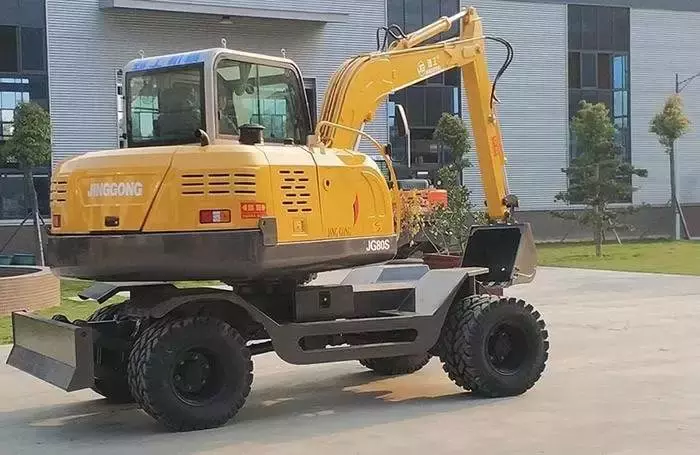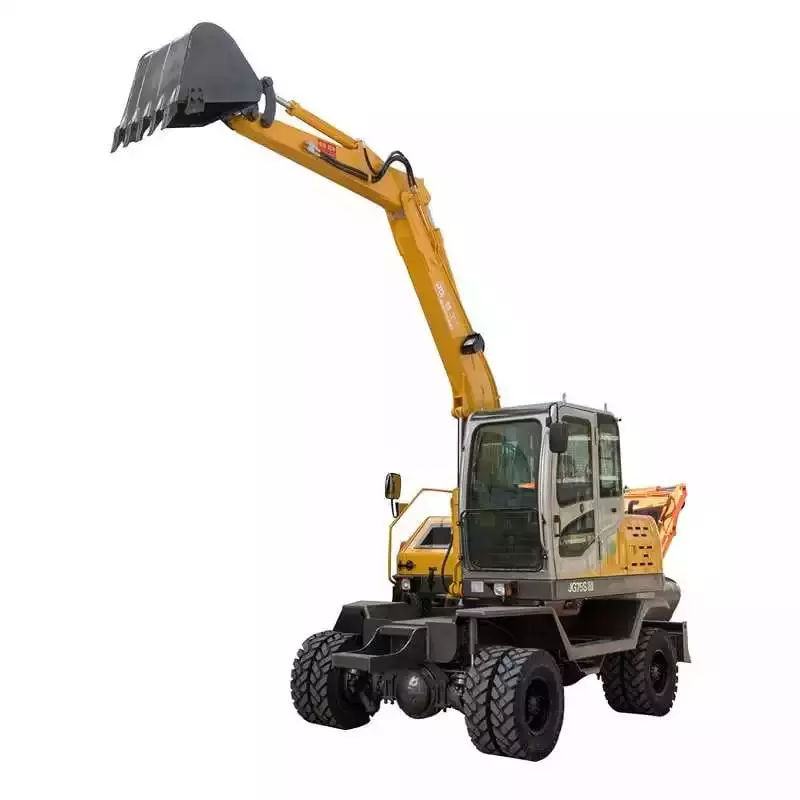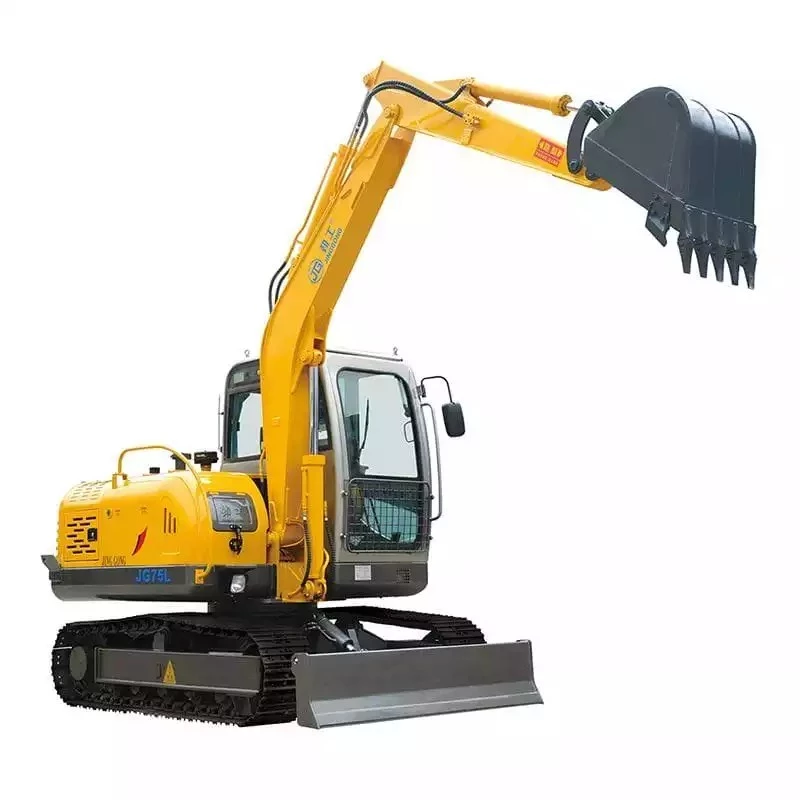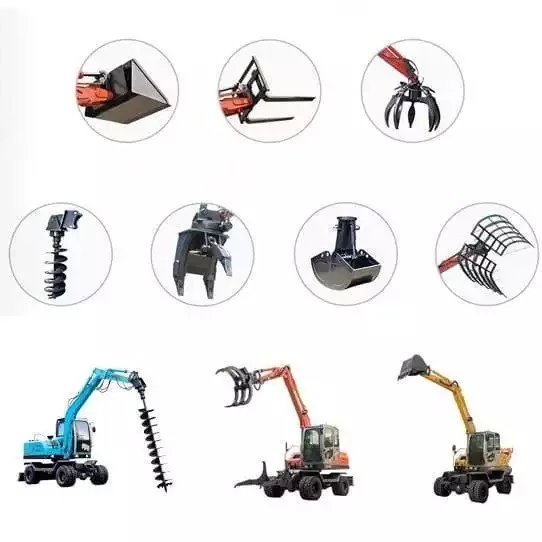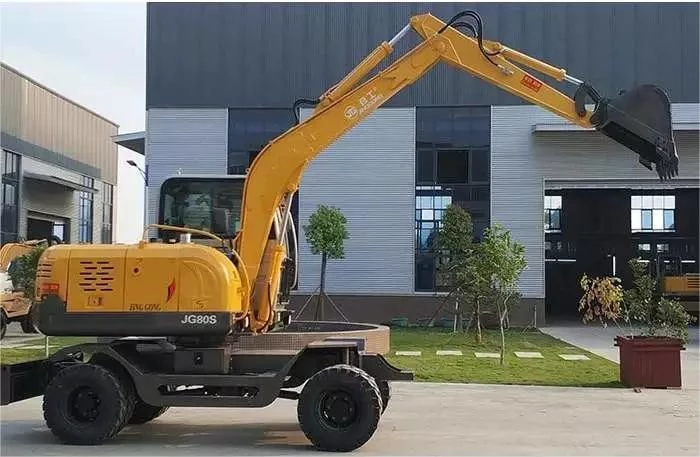Guide for Excavator Starting Issues
All excavator operators may encounter various unexpected situations during construction, and one of the most concerning issues is difficulty starting the engine. This article summarizes basic methods to address these issues, hoping they will be adopted by everyone. First and foremost, the most likely cause is an electrical failure, manifested by no response when turning the ignition switch or the starter motor running at a low speed, giving the feeling of the excavator being powerless. If these...

